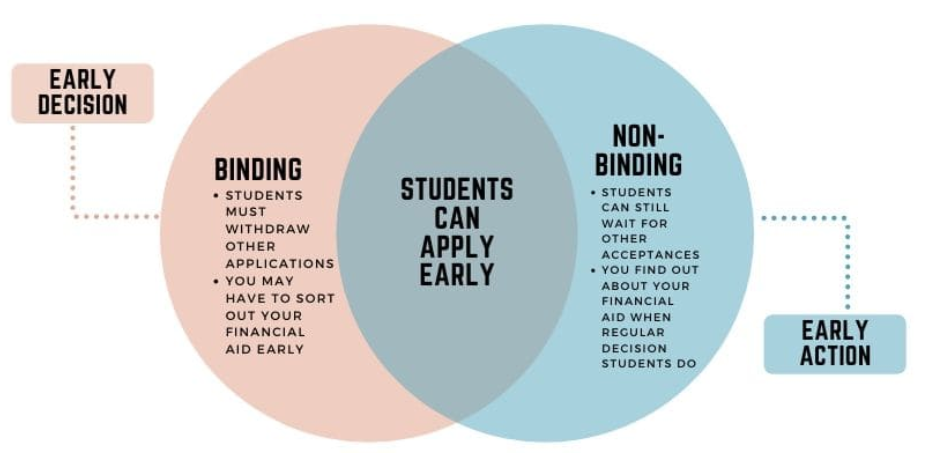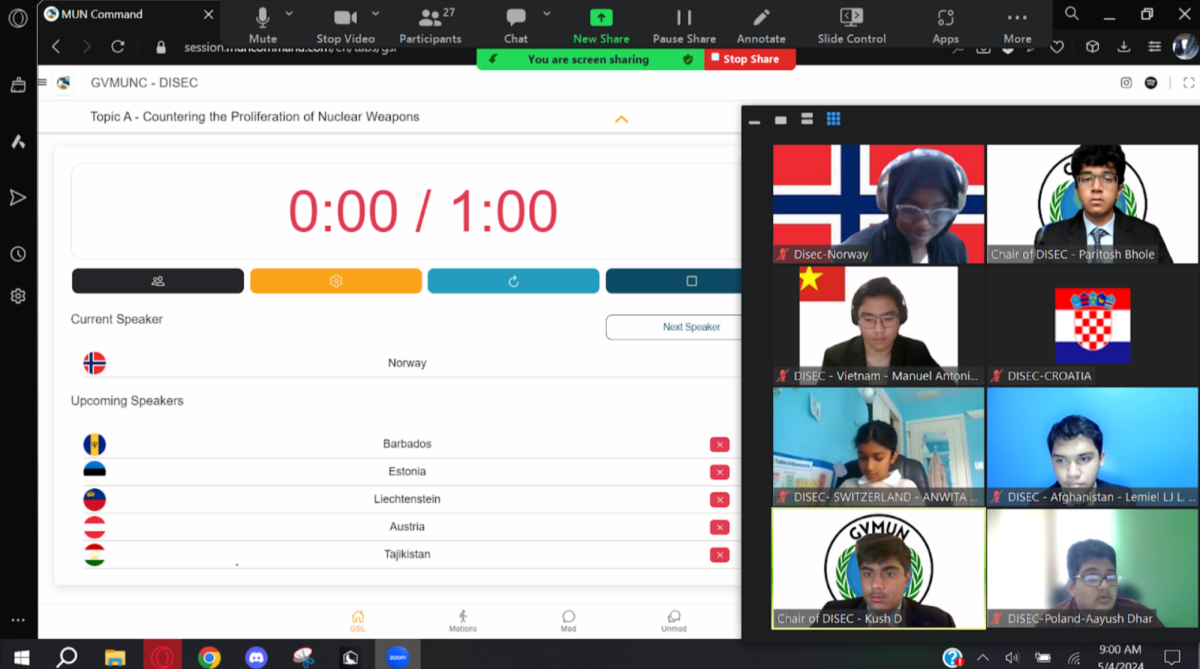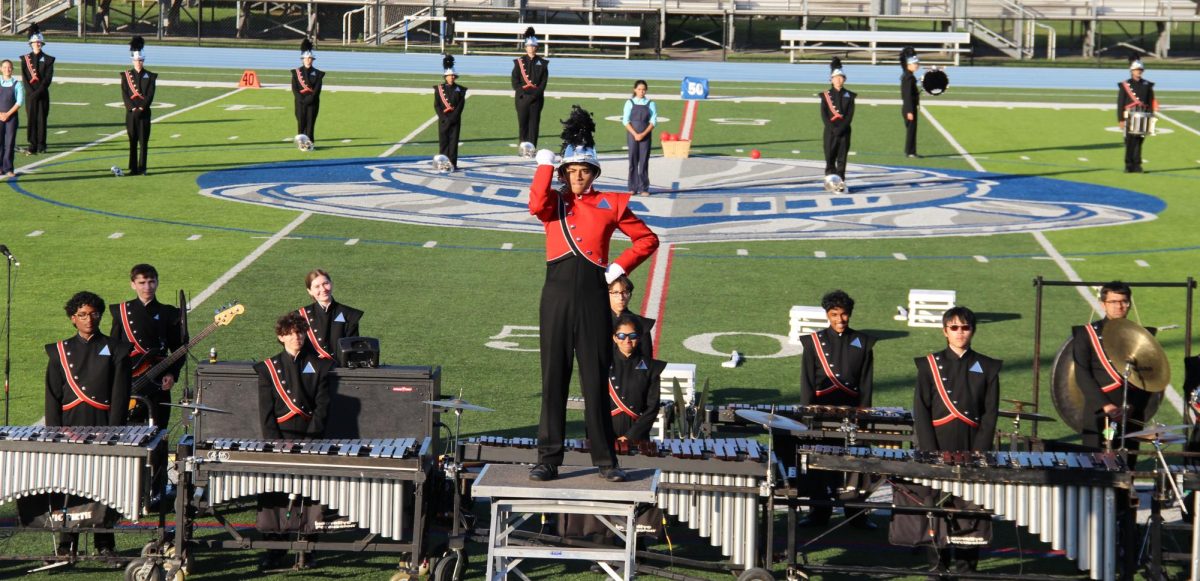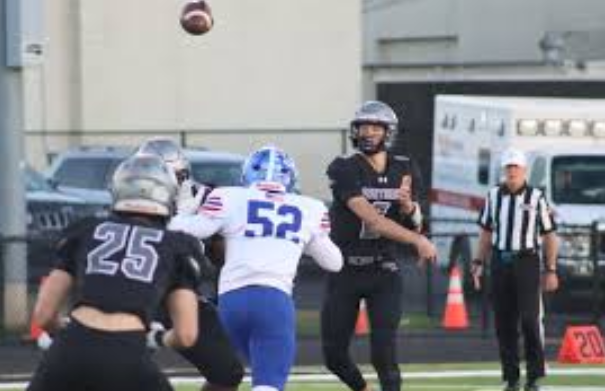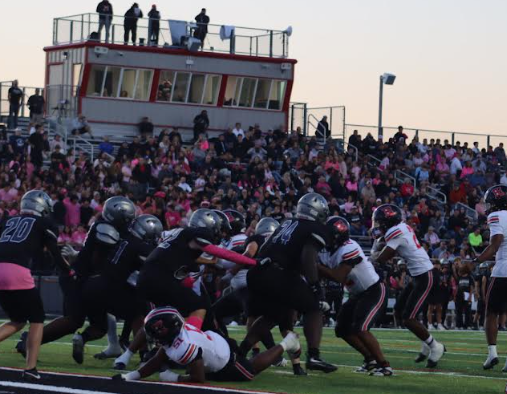High School football has a long history as one of New Jersey’s most competitive and high-octane high school sports, with a massive social media presence and news coverage to boot.
On Instagram, @njgridiron_ leads the line of many high school football pages with 29,000 followers. Websites like MaxPreps and NJ.com are updated daily to reflect scores and standings. As the season nears a close, this coverage has greatly increased, particularly due to the anticipation of the playoffs.
About half of New Jersey’s high school football teams held their breath as they awaited the seeding in a playoff bracket constructed by the New Jersey State Interscholastic Athletic Association (NJSIAA).
The NJSIAA constructs 22 different brackets representative of the four different regional designations: Central New Jersey (five groups), Non-Public (Regions A and B), North New Jersey (two sections, five groups each) and South New Jersey (five groups).
The winners of these NJSIAA playoff groups are declared sectional champions, and the winners go on to play sectional champions from other regions in the NJSIAA Group Tournaments (Central Jersey Group 5 champion would play South Jersey’s Group 5 champion). The winner of these brackets would be declared state champions.
This playoff format, as well as the qualification process for teams, is echoed across all New Jersey scholastic sports.
The qualification for the NJSIAA playoffs is based upon a combination of Power Points and the Opponent Strength Index (OSI). With each game, teams receive points based on the strength of their opponents. The strength of teams is determined by the OSI, which uses the win and loss percentages of teams in the year prior to determine how many points are to be awarded for playing them. This system, which is one of a kind in high school football across the country, is not exactly received well by coaches, as it allows for weaker teams who have only played one or two hard games to make the playoffs. However, this interesting method of allowing underdog schools to make a deep run into the playoffs makes New Jersey high school football much more interesting.
Due to the OSI, the Week Zero game in high school football is strategically chosen not by the NJSIAA, but by coaches. In order to have a shot at a playoff appearance, coaches often schedule games against teams that won state sectionals or championships the year before but have weaker rosters now due to the loss of senior players.
For example, Bridgewater-Raritan High School’s Head Football Coach DJ Catalano scheduled Edison High School for Week Zero in 2023, a team that had won a state sectional championship the year prior. Due to Edison’s high rating on the OSI, the Panthers received a large number of the Power Points required to qualify for the playoffs following their 44-12 victory against Edison. Bridgewater-Raritan was only a three-victory team in 2023, but made the playoffs exclusively because of their win against Edison.
This 2024 season, Coach Catalano scheduled Bridgewater-Raritan’s Week Zero game against Notre Dame High School, a team that went undefeated in the regular season and finished with a 10-1 record in 2023. However, the team has turned out to be progressively weaker in 2024, posting a 6-4 record as of the time of this article being written. The Panthers were 32 yards away from victory against the Irish, as they lost 40-38 on a blocked field goal.
Coach Catalano confirmed his intentions on scheduling both of those season openers.
Despite going 4-6, Bridgewater-Raritan qualified for the playoffs and even beat Irvington High School in the first round of the NJSIAA playoffs. Rather poetically, Bridgewater-Raritan won in overtime against Irvington on a missed extra point.
Scheduling Week Zero games should absolutely be considered an art form, and Coach Catalano, along with many other New Jersey football coaches, have mastered it. This mastery gives hungry and motivated teams the shot to make deep runs into the playoffs and go up against some of the top teams in the state.
This beautifully flawed system certainly favors the average viewers of high school football and “bad teams,” which disgruntled top teams in the state. However, “strong” teams that play “weak” teams should be able to beat them, right? They should have no problem beating a 3-7 team if they’re 10-1, right? Those who complain about this awesome playoff system are the same people who have lost in big games.
With this system in place, high school football playoffs games in New Jersey are much more interesting, and have a lot more at stake. This system should not be changed just because some teams are upset that they needed to play a “meaningless” game against a team that is not as strong as them.
The allure of high school football lives on through New Jersey and the NJSIAA, and this qualification format is a prime example of it.








